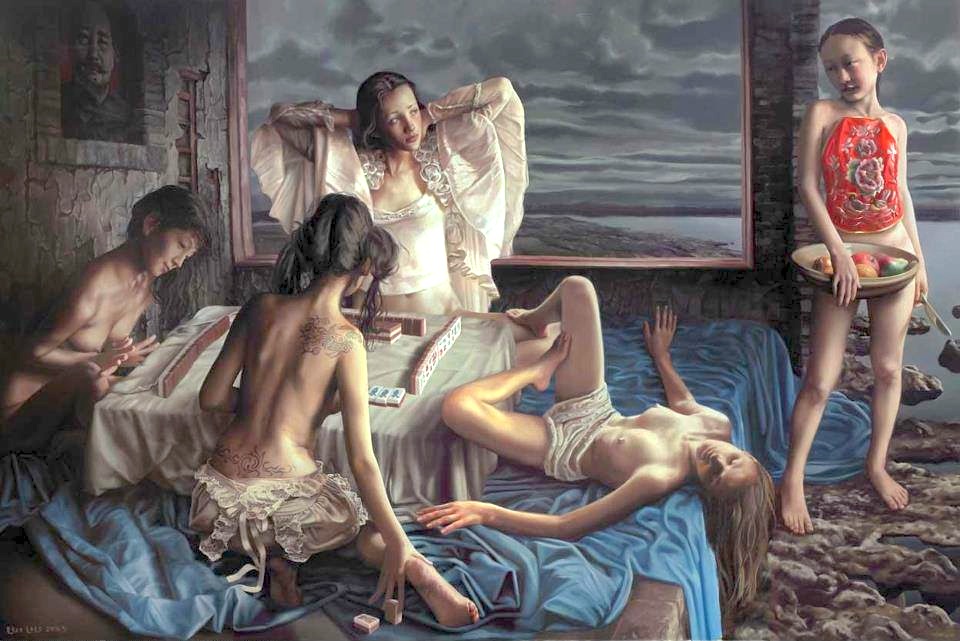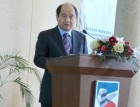On 28 June the EUCCC organised a half-day seminar on Procurement Business Opportunities with Asia Development Bank (ADB, Manila, Philippines) from 8:30 am to 12:15 pm at the Kerry Hotel, Beijing.
The half-day seminar covered ADB’s public and private operations and opportunities for goods suppliers, civil works contractors and providers of consulting services. Ms. Candice McDeigan, Mr. Ahmadou Barry and Mr. Zheng Kangbin presented various topics to attendees interested in ADB’s procurement bidding for goods and consulting services under ADB’s funded projects. The presentations were all very detailed, practical and extremely well delivered. What a difference with presentations from Chinese organisations… They also promptly made their presentation available to the participants.
As Chair of the Public Procurement Working Group of the European Chamber I moderated the seminar.
Details on the speakers (provided by EUCCC):
Ms. Candice McDeigan, Head of Portfolio Management Unit
Candice McDeigan is currently the head of portfolio management at the ADB’s resident mission in the People’s Republic of China. Prior to this she was the head of portfolio management at ADB’s Sri Lanka resident mission. Ms. McDeigan has solid experience in contract management, procurement and project administration. She holds degrees from the University of Chicago’s Booth School of Business and the University of Cambridge.
Mr. Ahmadou Barry, Senior Procurement Specialist
Mr. Barry joined the ADB in 2008 where, as a Senior Procurement Specialist, his responsibilities include support to operations departments in scoping and planning of project procurement, review of procurement compliance with ADB’s guidelines, and provision of procurement and project administration advisory for Bank’s financed projects. Since July 2010, Mr. Barry is the ADB Resident Procurement Specialist in the People’s Republic of China which responsibilities entail oversight of procurement for projects financed by ADB in the PRC and Mongolia, capacity building of government agencies implementing ADB projects and dialogue with Governments on policy and procurement reform.
Mr. Kangbin Zheng, Senior Investment Specialist
Dr. Kangbin Zheng is currently the head of the Private Sector Operations Group at ADB’s Resident Mission in China, and board members of Bank of Hangzhou and Xiamen International Bank, focusing on promoting public-private partnerships and fascinating private sector development. He has more than 27 years experiences in project finance,risk management and financial engineering, pioneering in innovating new financial instruments and business strategies to support sustainable growth in developing countries and emerging markets. Before joining Asian Development Bank, Dr. Zheng worked at the headquarters of the World Bank in Washington DC for 21 years, and taught at Zhejiang University and Wuhan University as an adjunct professor.


















